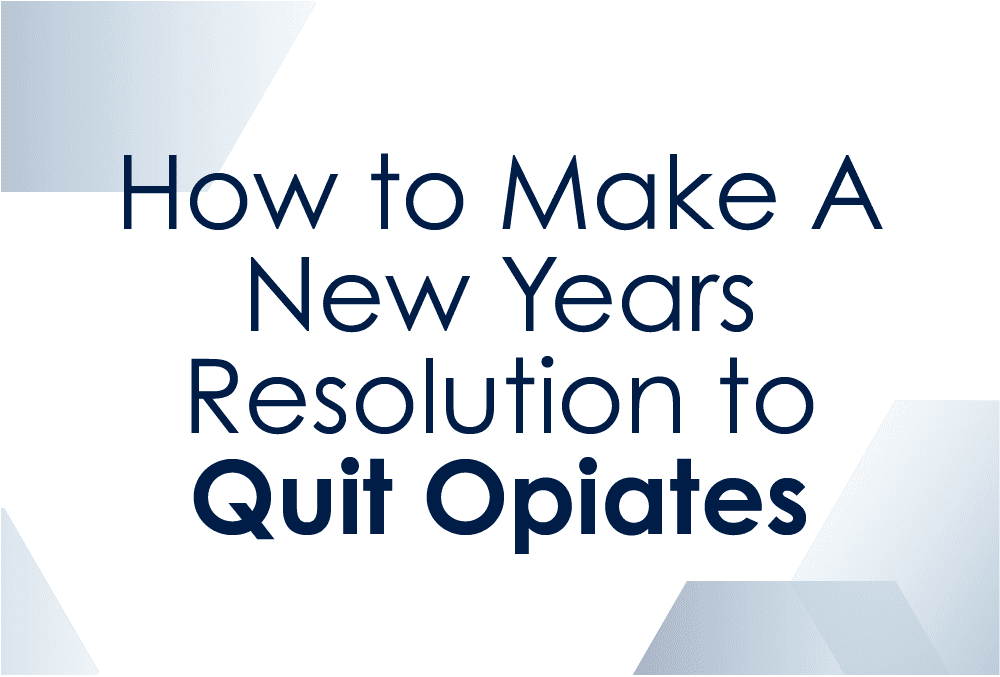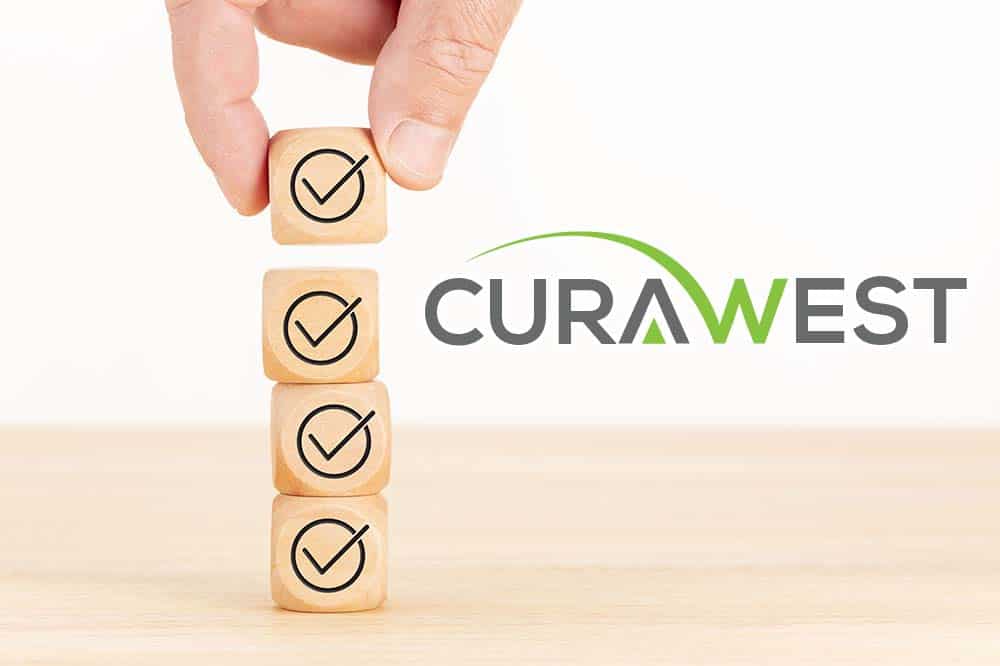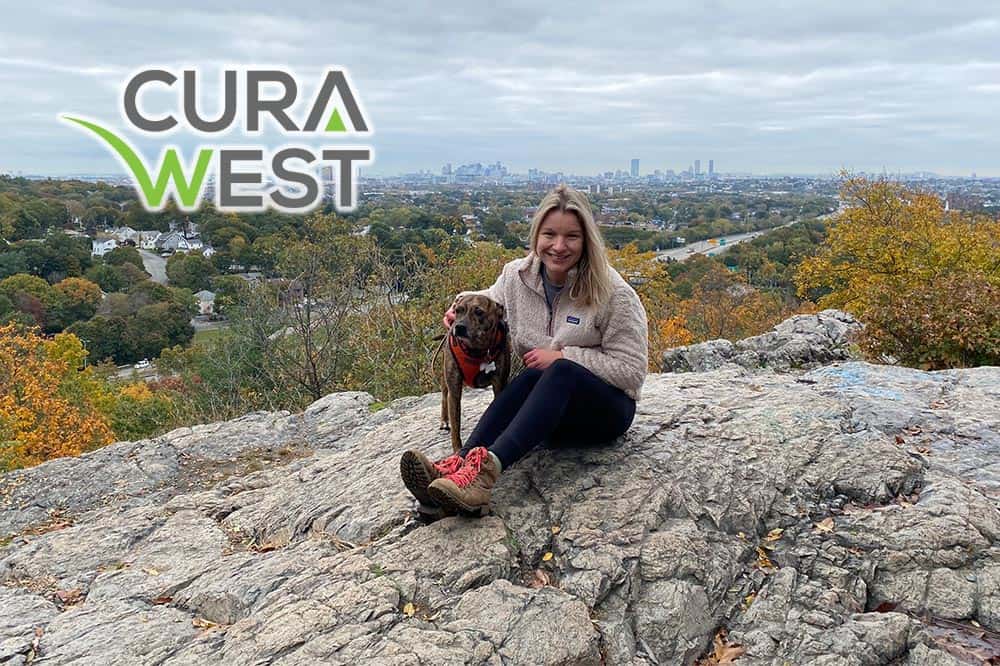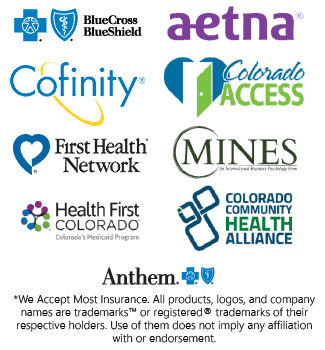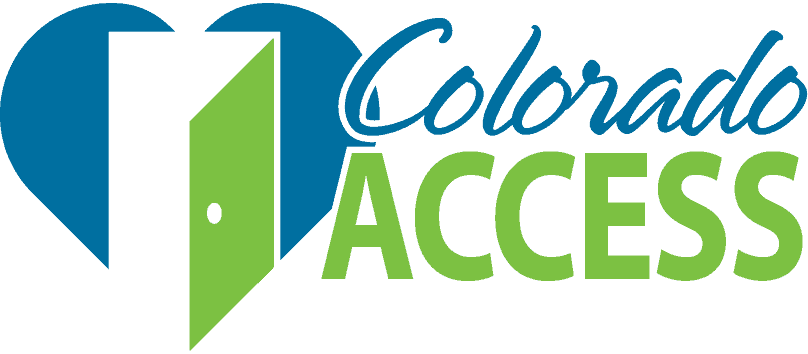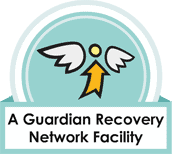New Year, New You
The new year is finally upon us, and most of us have been eagerly anticipating its arrival with bated breath. The past year was certainly one for the books – but for most of us, it was a year best soon forgotten. But here we are, standing on the precipice. We made it. Now we look to the year ahead with optimism and gratitude, hoping it will be at least a little bit less tumultuous than the year prior.
Many of us have already penned out personal resolutions. It has become a tradition to write out New Year’s resolutions, though after the year we’ve had, focusing on anything other than base survival might seem a bit overwhelming. Still, many of us have made a commitment to continued self-betterment. A resolution refers to, “a firm decision to do or not do something.” Most resolutions focus on easily obtainable personal goals – lose a few pounds, exercise more, start eating healthier, spend more time with family, spend less time on social media, read more… whatever the case may be, we usually jot down a few objectives and commit to working towards them during the year ahead. For some of us, New Year’s resolutions might be a little more pressing and important. This is usually the case when an opiate addiction is involved, and when New Year’s resolutions involve quitting a drug that could easily lead to overdose and untimely death. In the case of resolutions like these, it is very important that motivation is maintained and that extra support is sought.
We Are Here For You
Let Us Help You Heal
Our Opiates detoxification experience is second to none.
Learn how we can help by speaking with one of our Treatment Advisors today.
Resolving to Quit Opiates
If you have been struggling with a prescription painkiller or heroin addiction, resolving to quit opiates in the year ahead will take much more than simply writing down your intentions on a list and committing to personal change. Addiction is a relapsing and chronic brain disease – one that can be effectively treated with a multi-phased program of intensive clinical care, but one that can never be entirely cured. If you are serious about quitting opiates, medically monitored detox is a necessary first step. In medical detox, you are physically stabilized by a team of licensed medical professionals as you undergo opiate withdrawal in a safe and comfortable environment. Whether you were abusing prescription opiates (like codeine or morphine) or heroin, the symptoms associated with withdrawal are typically similar – they are not life-threatening, but they can be harshly physically and psychologically uncomfortable. Medical detox centers like CuraWest ensure that physical symptoms are effectively alleviated and that psychological cravings are minimized, so that they do not lead to relapse.
Once the detox process is complete, it is highly recommended that you transfer directly into an inpatient treatment center. CuraWest works closely with many reputable, demographic-specific rehabs in the area, and as part of our comprehensive aftercare planning service, we assist each and every client with rehab placement. Again, making a New Year’s resolution to quit opiates takes much more than a strong desire to do so. In this case, reaching for outside help and support is absolutely necessary.

Our Opiates Detox Services Include
Opiate Abuse and Addiction – Facts and Statistics
Opiate abuse and addiction have been major national health concerns since prescription opiates were first introduced in the US. The term opiates refers to naturally occurring opioid narcotics, like morphine, codeine and heroin. Opiates interact with opioid receptors in the brain, reducing feelings of physical pain and promoting feelings of relaxation – and when taken in exceptionally high doses, feelings of pleasure and euphoria. According to the American Society of Addiction Medicine, of the 20.5 million Americans who suffered from a diagnosed substance use disorder in the year 2015, a total of 591,000 suffered from a heroin addiction and 2 million suffered from a prescription opiate addiction. It is estimated that roughly 23 percent of all individuals who try heroin will go on to develop a serious opiate addiction. As it stands, opiate overdose is the leading cause of accidental death throughout the country. Opiates are driving the drug overdose epidemic, with 12,990 deaths directly linked to heroin in the year 2015 alone, and 20,101 involving prescription opiates. If you or someone you love has been abusing opiates of any type, seeking professional help is extremely important – in many instances, it is a matter of life and death.
Ready To Begin Your Opiates Detox?
We Offer A Safe & Effective Program
Don’t let Opiates addiction control your life.
Call us today and let’s get you started on the path to a better you.
How to Stay Sober for the New Year
If you are serious about quitting opiates this year, there are several important steps to take. If you have any additional questions about getting and staying sober, reach out to us at any point in time.
- Be honest with yourself about your relationship with opiates – If you were prescribed an opiate medication but you are no longer taking it safely or as prescribed, reach out for professional help. If you have been abusing an illicit opiate like heroin, remind yourself that there is no way to “safely” use this drug, and even if you feel like you can “quit anytime you want,” overdose is always a looming possibility.
- Reach out for professional help – beginning with medically monitored detox – Opiate withdrawal is certainly not pleasant, and the symptoms typically resemble those associated with a severe flu – nausea, vomiting, cold sweats, stomach cramping, fever and insomnia. The physical symptoms can be treated in a medical detox setting, and drug cravings (the ones that all too often lead to relapse) can simultaneously be eliminated.
- Commit to a long-term program of clinical care – Medical detox is a necessary first step, but in order for sobriety to be maintained it must be followed up by a higher level of clinical care (usually residential opiate rehab). Once clinical care has concluded, commit to a program of continuing care – one that includes daily 12-step program involvement.
Begin Healing Now!
Have A Call With One Of Our Treatment Advisors
Don’t Suffer Any Longer
Avoiding Relapse
Avoiding an opiate relapse is not always easy, seeing as the psychological cravings that tend to go hand-in-hand with opiate addiction are so intense and overpowering. However, there are effective ways to keep these cravings at bay and get the most out of your treatment experience. Many medical detox centers utilize Medication Assisted Treatment when it comes to more severe cases of opiate dependence. At CuraWest we combine proven methods of medical intervention (such as the use of medications like Suboxone) in combination with intensive psychotherapy, relapse prevention training and 12-step program immersion. Our main priority is equipping clients with the tools they need to stay sober long-term, avoiding relapse and going on to lead healthy and productive lives.
CuraWest and Opiate Addiction Recovery
At CuraWest we offer a safe and pain free withdrawal experience in a medically monitored, home-style retreat setting. The level of clinical care we provide cannot be found in a state-run detox facility or in a traditional hospital setting. We offer a high staff-to-client ratio and a wide range of therapeutic services geared towards laying a solid foundation for the remainder of the treatment process. In addition to individual and group therapy, we offer an introduction to the 12-step model of opiate addiction treatment, relapse prevention training, and introduction to lifeskills training, dual diagnosis treatment options and trauma-informed care. Our licensed and dedicated clinical team helps each client develop a highly personalized plan for continuing care, which includes an immediate transition into a higher level of clinical care (usually inpatient rehab or an intensive outpatient treatment program). For more information on our opiate detox program or to get you or your loved one started on a lifelong journey of opiate addiction recovery contact us today.
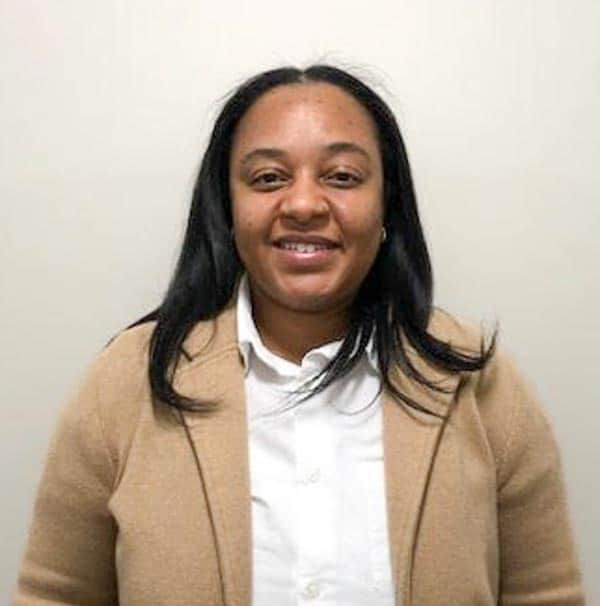
Reviewed for accuracy by:
Jasmine Billups
LPC-S
Jasmine has worked in the mental health field for over 18 years. She earned her B.A. in Psychology with a Minor in Child and Family Relations from North Carolina Central University, and her M.A. in Mental Health Counseling from Argosy University. Jasmine is a Licensed Professional Counselor Supervisor and has specialized in addiction for over 10 years.


